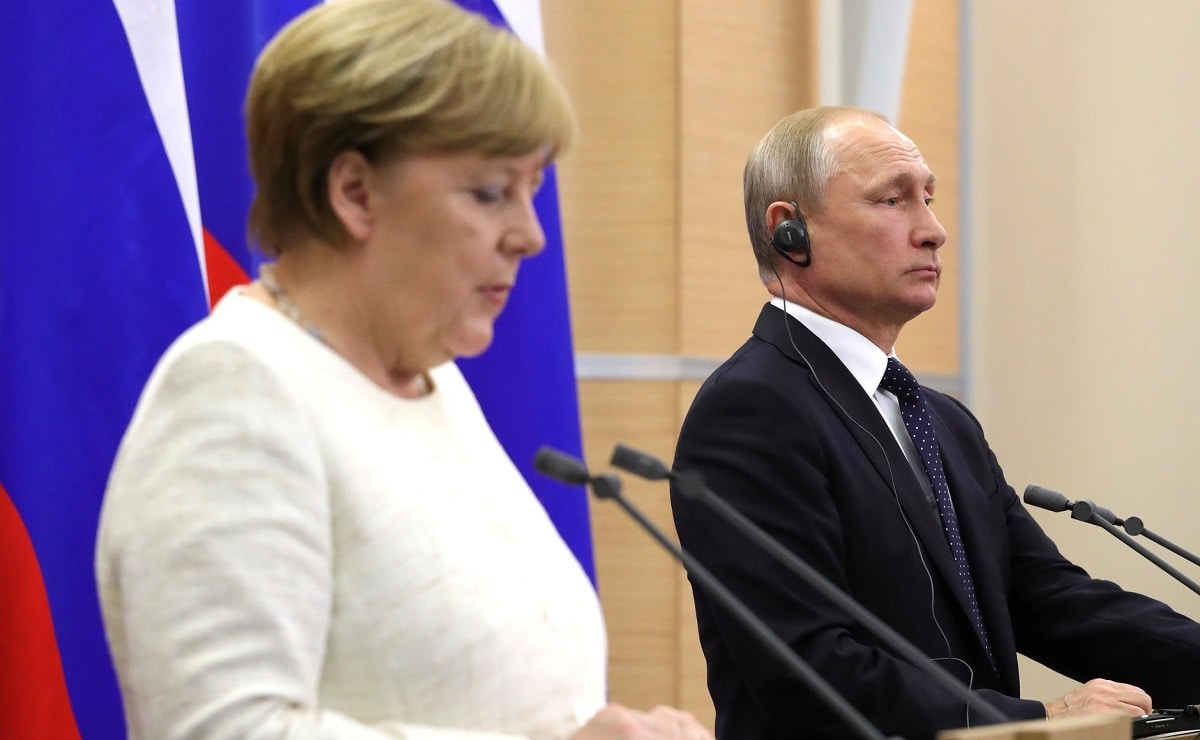On September 27, the day after the German elections to the Bundestag, Olaf Scholz could have just as well channeled Mark Twain, in that “the reports of the Social Democratic Party’s death have been greatly exaggerated.” The September 26 balloting in Germany defied the received wisdom that the SPD was for all practical purposes finished and that the Greens would launch themselves on a new path to more power and influence. In fact, the Social Democrats won the most seats in the new Bundestag, with the preliminary results at 25.7% of the vote for the SPD, 24.1% for the CDU/CSU, 14.8% for the Greens, 11.5% for the FDP, 10.3% for the AfD, and 4.9% for Die Linke.
This means that it will take some time to form a new German coalition government, and that we are looking at two potential outcomes: (1) a “traffic light” coalition (red, green, yellow), i.e., the SPD, the FDP and the Greens, or (2) a “Jamaica” coalition (black, green, yellow), i.e., the CDU, the Greens and the FDP. No one can predict how this will play itself out and whether we will once again be looking at several months before the new government is formed. If Germany ends up with an SPD/FPD/Greens coalition government, this may mark a significant change in the country’s foreign policy, especially when it comes to Germany’s relations with Russia. Olaf Scholz who served as Vice-Chancellor and Finance Minister in the last Merkel government has stated that Germany must revamp its policy for dealing with Russia, calling for a new Ostpolitik, a reference to the 1970s détente policy pursued by Chancellor Willy Brandt. In August 2021 Scholz asserted that the foundation of this new brand of Ostpolitik would be Putin’s acceptance of further European integration and the rule of law. Scholz has spoken in favor of the SPD’s endorsement of Nord Stream 2, but also criticized Russia for its annexation of Crimea and continued war in Donetsk and Luhansk in Ukraine.
Should Scholz become Chancellor, leading a “traffic light” coalition, the impetus for his new Ostpolitik has to be gauged against shifts in German public opinion when it comes to relations with Russia, but also with the United States and China. According to a September 2018 survey conducted by Pew and Körber-Stiftung, nearly seven in ten Germans (69%) want to cooperate more closely with Russia, while only 35% of Germans see the U.S. as their most important foreign policy partner (down from 43% the year before), while 61% identified France as their most important or second most important partner. Significantly, 72% of Germans stated that they wanted their country to be more independent from the United States on foreign policy, and only 41% stated Germany should cooperate more with America (down from 56% the year before).
These numbers provide an important context for the incoming German government. They indicate that the transatlantic cohort in Germany is shrinking, and that those who want closer ties with Russia and/or acknowledge Russia’s priorities – the latter called Russlandversteher – remain steady. Meanwhile, those, especially in the business community, who want to expand economic ties with China, are growing. With the UK’s second-largest EU economy no longer part of the common project, the European Union is now more continental than it has been since the 1970s. Germany’s absolute and relative economic power is felt much more than ever before, especially as Berlin pushes for greater integration and federalization of the EU, with EU laws, rules, and regulations superseding national policy.
Should Scholz become Germany’s next Chancellor leading an SPD/FDP/Green coalition government and pursue a new Ostpolitik, the key question will be how Moscow will respond to this new design. Putin’s Europe strategy has on the one hand sought to expand Russia’s political influence within the EU, whether by increasing Europe’s dependence on Russia’s energy or through displays of force along NATO’s Eastern flank. On the other Putin has sought to disaggregate NATO and the European Union, defaulting to bilateral relations with the largest powers in Europe, especially Germany. Here Scholz’s insistence that Russia recognize the EU as its principal interlocutor might run into the headwinds of Putin’s preference for bilateralism. That is unless the project to federalize the EU succeeds, at which point it will be largely a rhetorical question.
Andrew A. Michta is a Contributing Editor for 1945. The opinions expressed here are those of the author and do not reflect the official policy or position of the George C. Marshall European Center for Security Studies, the U.S. Department of Defense, or the U.S. government.

